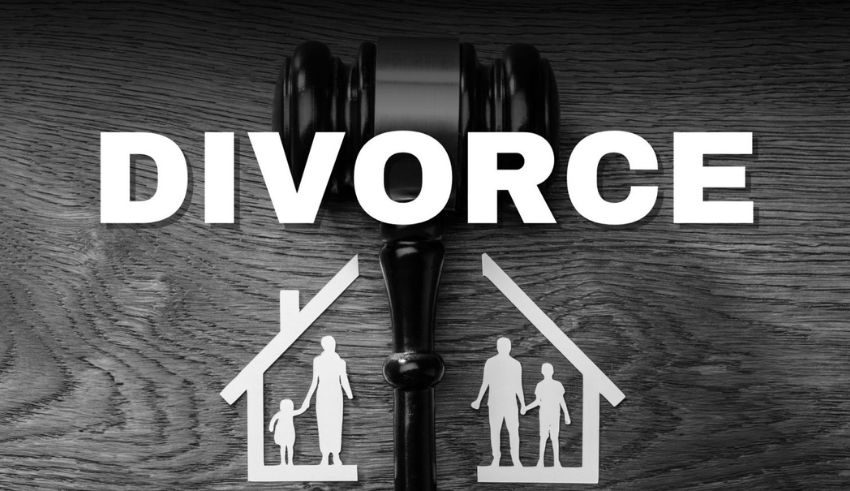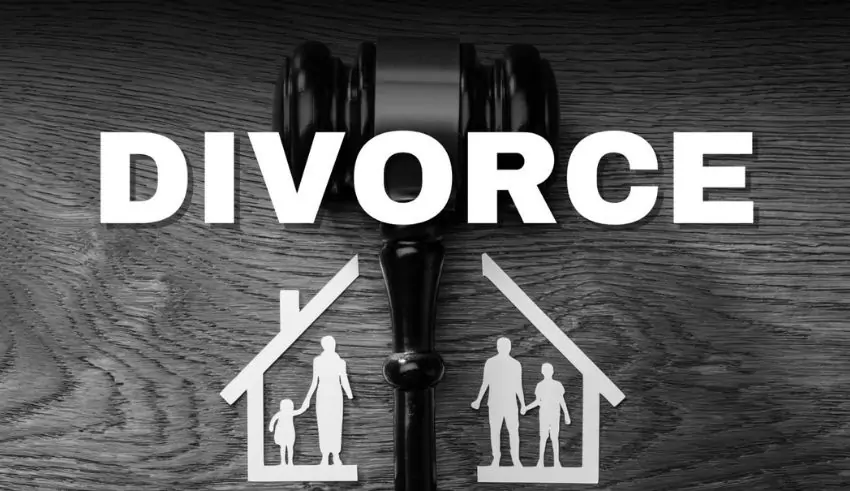

(C) CBCP
Supporters of divorce and the Catholic Church are engaged in a bitter struggle after the Philippine House of Representatives recently approved the Absolute Divorce Bill. With the Church adamant to maintain its position, the Philippines, the only nation in the world without a divorce law (apart from the Vatican), is at a turning point.
Prominent member of the Catholic Bishops’ Conference of the Philippines (CBCP), Bishop Alberto Uy of Tagbilaran, voiced extreme dissatisfaction with the House’s choice. He underlined that the Church views marriage as a “sacred covenant,” and that its approval compromises that sanctity. To Uy, divorce erodes the foundation of a society that cherishes healthy, stable families. Uy’s comments capture a larger Church belief that marriage is a lifetime commitment that is the foundation of a stable society rather than merely a contract.
The bill has been steadfastly opposed by the CBCP’s public affairs committee, which has dubbed it “anti-family, anti-marriage and anti-children.” There is no need for divorce in the nation, claims Father Jerome Secilliano, executive secretary of the Permanent Committee on Public Affairs of the CBCP. He contends that marital problems are now addressed by the legal remedies now in place, namely annulment and legal separation. He argues that adding still another legal option would not preserve the sacredness and dignity of marriage. Secilliano believes that marriage is a lifetime commitment with ups and downs, illness, and health all a part of the trip. This viewpoint is founded in the Church’s doctrine that marriage is a sacrament, an unbroken link that reflects the relationship between Christ and the Church.
Secilliano emphasises another crucial point: the underlying reason of marital issues is not always addressed by divorce. The fundamental problems are not addressed by just removing the abused person from a violent context. Untreated, the violent cycle is maintained by the abusive partner. Divorce, in this case, can unintentionally promote more damage rather than healing. The Church promotes healing and reconciliation above separation and calls for extensive support networks that address both victims and offenders of domestic abuse.
Bishop Uy asks the devoted to pray for the senators while they consider the Divorce Bill. He expects they will be led to the proper choice, one that takes families’ and society’s overall welfare into account. Though the legal system changes, the Church’s teaching on the sanctity of marriage and the importance of family life never changes. The bishops ask that people and legislators think carefully about the long-term effects of legalising divorce.
The Philippine Divorce Bill debate is a mirror of larger society values as much as a legal one. Advocates of the measure contend that it offers those imprisoned in violent and irreparable marriages the much-needed relief. They draw attention to the negative effects such marriages can have on people and their children on a psychological, emotional, and occasionally physical basis. The measure, according to many supporters, is a first step in modernising the legal system of the nation and bringing it into compliance with international human rights norms.
The Catholic Church has long had a big impact on Philippine society and politics in addition to religion. Deeply entwined with its teachings on marriage and family is the Church’s aversion to divorce. Nonetheless, the expanding divorce movement is a reflection of shifting perceptions, especially among younger generations who might see marriage from a different angle and accept the option of leaving partnerships that have grown to be painful and contentious.
The possible legalisation of divorce begs the issue of how it would affect Filipino families. Advocates contend that it provides a formal means of resolving cases in which marriages have irreversibly ended. But some worry that it would weaken the marriage institution and make family instability worse. The result of this discussion will probably affect society perceptions of marriage and family life as well as the direction of Philippine family law.
The Catholic Church is unwavering in its defence of its beliefs and its navigation of the complexity of contemporary society in this struggle between tradition and progress. The Philippines’ ongoing legal divorce fight will determine the country’s future. For Filipino families and society at large, the argument captures a larger battle between upholding traditional values and adjusting to modern social realities.
OpenAI updated ChatGPT-4o to include its best text-to-image tools so free users can generate Studio Ghibli artwork by giving basic…
The stepping down of Piyush Gupta from the post of CEO of DBS Bank came after 15 years of leading…
The Delhi Directorate of Education releases 2025-26 marks for year-end tests in school levels 6 through 11. Online test data…
Singapore will further cement its status as an important basketball destination when it hosts three FIBA 3x3 events in 2026…
Jewel Section E, directed by Theodore Boborol and starring Ashtine Olviga as Jay-Jay Mariano, Andres Muhlach as Mark Keifer Watson,…
Cebu Pacific celebrates the delivery of its very first aircraft for 2025, the 459-seat Airbus A330neo, delivered at Ninoy Aquino…
This website uses cookies.
Read More